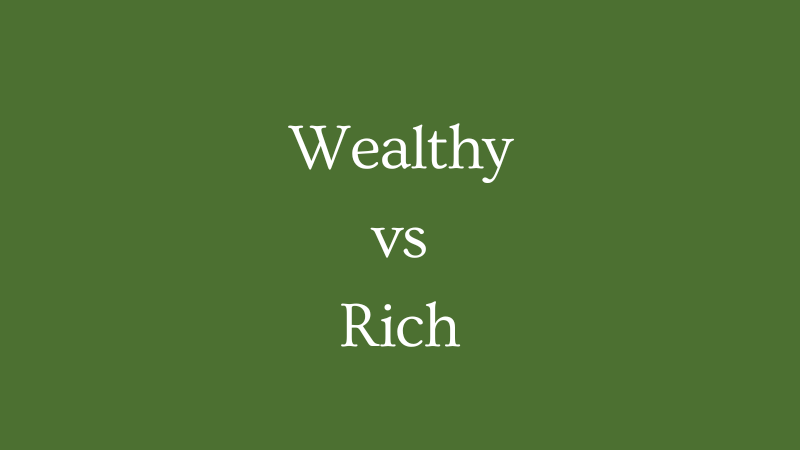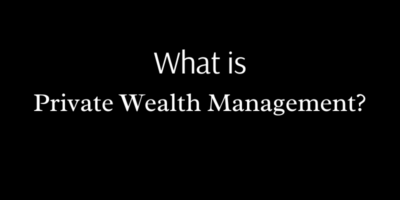Wealthy vs Rich Understanding the Difference Between the Two.

We live in a world where financial status often takes center stage, the terms “wealthy” and “rich” are frequently used interchangeably. However, beneath the surface, these two descriptors hold distinct meanings that shed light on the nuances of financial prosperity and its implications. Understanding the difference between being wealthy and being rich can offer valuable insights into how individuals manage their resources, define success, and contribute to society.
Defining Wealth and Riches
At first glance, “wealth” and “riches” might seem synonymous, both invoking images of opulence, lavish lifestyles, and abundance. However, the nuances lie in the depth of financial security and the sources of prosperity.
Being Rich primarily pertains to an individual’s substantial monetary assets or high income. A person considered “rich” might have substantial financial resources, often amassed through various means such as successful businesses, investments, or inheritance. Being rich signifies having a comfortable standard of living, affording luxury items, and enjoying life’s pleasures without financial strain. However, this definition tends to focus solely on the monetary aspect of prosperity.
Being Wealthy, on the other hand, encompasses a broader scope of assets beyond just money. While financial wealth is a significant component, true wealth also includes non-monetary assets like real estate holdings, investments in stocks and bonds, valuable collectibles, and ownership stakes in businesses. Moreover, wealth is characterized by its sustainability and longevity, often being passed down through generations as part of a family legacy. Unlike riches, wealth implies a deeper level of financial security that can endure economic fluctuations.
The Role of Time and Generational Impact
One crucial distinction between being wealthy and being rich is the aspect of time. To be rich is often a more immediate accomplishment, achieved within a single generation through high incomes or profitable ventures. This rapid accumulation of wealth might provide a luxurious lifestyle for an individual or a family, but it might lack the stability and multi-generational impact that comes with true wealth.
Wealth, however, involves a longer-term perspective. Wealthy individuals often prioritize the preservation and growth of their assets over time, with the aim of benefiting not only themselves but also future generations. This often entails careful financial planning, strategic investments, and the establishment of trusts to ensure that the family’s wealth endures beyond their lifetime.
Implications for Society and Philanthropy
The distinction between being wealthy and being rich extends beyond personal finances. It affects how individuals engage with society and their role in philanthropy and social responsibility. Wealthy individuals, with their focus on long-term prosperity, tend to be more inclined toward philanthropic endeavors that have lasting impacts on their communities. They may establish foundations, endowments, or contribute to causes that align with their values, aiming to leave a positive mark on society.
In contrast, rich individuals might engage in charitable activities, but their focus could be more short-term and sporadic. Their wealth might be directed towards experiences and possessions that provide immediate gratification, rather than long-lasting change. This isn’t to say that the philanthropic efforts of the rich are any less valuable, but rather that the depth and sustained commitment seen in the wealthy can yield more substantial and enduring outcomes.
Reassessing Priorities and Values
Understanding the differences between wealth and riches invites us to reflect on our own financial aspirations and priorities. While both concepts offer the promise of comfort and security, they lead us down distinct paths in terms of long-term stability, impact on future generations, and contributions to society.
Whether one’s goal is to amass riches for a prosperous lifestyle or to cultivate wealth that extends beyond financial boundaries, a holistic perspective on financial well-being encompasses more than just numbers on a balance sheet. The choices we make in pursuit of wealth or riches shape not only our personal lives but also the communities we inhabit and the legacies we leave behind.


